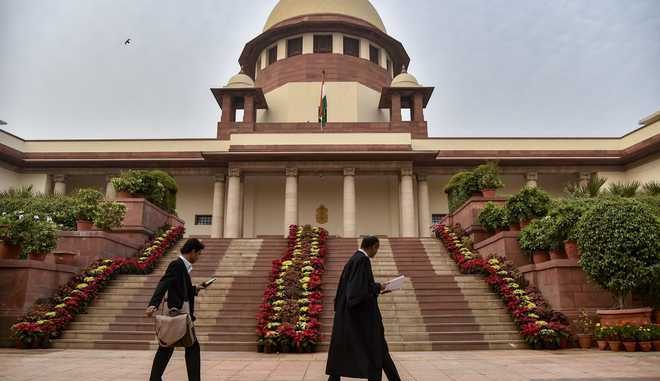
The Central Government has justifiedthe 10% quota for Economically Weaker Sections belonging to general class before the Supreme Court. The Centre contended that it is a constitutional obligation to extend helping hands to the poor and it is duty of the government to fulfil the aspirations of those, who are not getting opportunity because of their economic status.
The attorney general and solicitor general said that 103rd constitutional amendment was valid and it was done infurtherance of Article 46, which says the state shall promote with special care the educational and economic interests of the weaker sections of the people.
The attorney generalsubmitted that people belonging to SCs/STs/ OBCs will not be affected by the EWS quota as it would not affect them and their share of the reservation would remain intact. 10% quota for EWS will be carved out of remaining 50% which is unreserved. The attorney generalalso said around 5. 8 crore people from the general class are below the poverty line and 35% of the total general class are landless people and EWS quota was meant for them. He said many children of poor from the general class are forced to work in field and factory and they do not go to school due to poverty and the government wasbound to help them out.
Quantitative limit of 50% reservation is not inviolable or inflexible limit. “Even after 50% limit was stipulated by 81st Amendment Act which was tested in M. Nagaraj’s case, the constitution bench in the said case held that the reservation should not be excessive clearly holding that 50% limit is neither inflexible norabasic structure”.
The solicitor general said, “Any proposition in the Constitution which is flexible can never be a basic structure so as to deprive an otherwise competent Parliament to take affirmative action by amending Constitution by treating poorest of the poor as aseparate class”. The government referred to findings of Sinho Commission report of 2010, which became basis of granting EWS reservation and said as per it, OBCs had higher land holding in comparison to general class whose 35% population are landless and 20% are illiterate.

Leave a Reply
You must be logged in to post a comment.